
In this post, Ashwini Kulkarni, who works with the NGO Pragati Abhiyan in the state of Maharashtra, provides her perspective on some of the issues involved in replacing the Planning Commission. In her view, an institution such as the Planning Commission that is outside of the government ministries but committed to the government, has an important crosscutting role and should be given a statutory status.
“I believe that when Planning Commission was constituted, it was done on the basis of the circumstances and the needs of those times…but the prevalent situation in the country is different, global scenario has also changed, governments are no longer the centre of economic activities, the scope of such activities has broadened... therefore within a short period, we will replace the planning commission with a new institution having a new design and structure, a new body, a new soul, a new thinking, a new direction, a new faith towards forging a new direction to lead the country based on creative thinking, public-private partnership, optimum utilization of resources, utilization of youth power of the nation, to promote the aspirations of state governments seeking development, to empower the state governments and to empower the federal structure.”
In order to facilitate the discussion, we would like to invite you to respond to the questions below:
The planning commission performed the following functions;
- Preparation of the Plan Document
- Allocation of funds between:
- states and centre
- Central ministries
- Appraisal of all expenditures of the central ministries
- Mediating between states and central government
- Providing independent opinion on all project/ programme proposals of central ministries
- Monitoring progress of central government schemes
- Mediating between central ministries on issues of a crosscutting nature
In view of the above,
Q1. Which of these functions are obsolete and could be dispensed with, and why?
Q2. Of the functions which need to continue to be performed which should be retained in the new institution and which can be located in other existing bodies? Reasons may please be provided.
Q3. Are there other (new) functions that should be performed by the new institution? Please specify with reasons.
Q4. In order to perform the functions envisaged for the new institution, what should be its legal position, character and structure?
Q5. What should be the composition and staffing of the new institution?
Planning Commission – matrix pathways
I am not in position to comment on all of the wide range of issues related to an entity like the Planning Commission. But based on my experience with social development programmes, I would like to discuss some of the important roles of such an institution.
Ministries primarily provide policy direction and formulate programmes /schemes to accomplish the objectives of the articulated policies. There are bureaucrats who then design and prepare the implementation mechanism. The departments may not have subject experts. Moreover, ministries typically function in verticals so there is no built-in mechanism for exchange across ministries. They try to have their own set of personnel down the administrative set up with the required infrastructure. Given this situation, there is a need for an agency, such as the Planning Commission, outside the government but committed to the government, which can take up crosscutting roles.
Social development policies stem out of expressed problems of some sort. There can be various ways of handling the problem and hence, different ways of formulating programmes/ schemes. To ensure proper implementation, these schemes need to be well designed. Clearly, these tasks require a certain level of expertise and the bureaucrats who seamlessly move from one department to another do not get the space and time for building up the required knowledge.
- The Planning Commission can be a place where a matrix gets created. It can cross the ministry verticals and create some horizontals so that there is good exchange which can lend value addition. For example, an issue like sanitation is associated with water, health, education, family and child welfare, Panchayat Raj Institutions and such. Getting these ministries into a dialogue with one other is a role that can be played not by any particular ministry but by some agency outside the government and yet committed to the Government.
- The Planning Commission can be a place where experts for specific purposes can be invited to contribute. There can be groups of experts from different fields working together on common issues; they can provide the necessary inputs for better policy formulation, implementation mechanisms and outcome measurement. It can create a place for bureaucrats to interact with experienced practitioners and subjects experts; a place where bureaucrats can exchange notes with their peers as well as with people outside the Government. For example, while preparing guidelines for the Mahatma Gandhi National Rural Employment Guarantee Act (MNREGA), there were people from civil society who were experts in natural resource management and watershed, and had experience of working with rural poor; there were bureaucrats from different states and from other ministries like agriculture and so on.
- There are some schemes with crosscutting goals across ministries and hence, convergence of schemes can be a good way of resource optimisation. This would require lot of coordination on the part of ministries while the schemes are still on the drawing board. The Planning Commission can play a key role in formulating implementation designs of schemes that are crosscutting in nature. Convergence in terms of scheme implementation, personnel at the cutting edge of administration, infrastructure use or data collection will require expertise and coordination; this can be taken up by dedicated groups in the Planning Commission.
- There are some overarching factors that influence the overall administration of schemes. For example, the central government has traditionally been putting forward discussions based on the district as the unit of administration; there are lists of backward districts or of districts with high incidence of infant mortality and so on. But now we see that this unit has shifted to blocks within districts. This is a very necessary change. As far as I know, the Planning Commission has played a pivotal role in shifting the unit from district to block.
If these are the kind of roles, especially in the sphere of social development, then are there other existing government agencies that might be able to take up these roles? In my view, the Planning Commission can be an umbrella organisation that can take up such roles. The latest Plan document may be called a ‘Plan’ document but actually it reads like a ‘perspective’ document on generic themes.
One more important factor. There is a need for evaluation of programmes. Studies relating to concurrent monitoring, processes, implementation mechanism and impact evaluation all need to feed into one other. If different, independent agencies take up such studies then they are likely to remain isolated; if the entire spectrum of such studies is conducted within the Planning Commission, they are more likely to feed into one other and make schemes more effective and efficient.
The form and functions of the central government have undergone many changes over the decades as per the needs of the times. Although the nomenclature of most of the government committees and groups has remained the same, their functioning has changed. This is the case with the Planning Commission as well. The nomenclature is not important. The Planning Commission as an institution has also undergone quite a lot of change; it needs some more steering but it also carries a good amount of institutional history and memory. Now, there is need to give this entity a statutory status.
This is the fifth part of the series "In lieu of the Planning Commission", as part of which we are presenting views of experts from various stakeholder groups - academia, private sector, media, government and civil society - on some of the issues involved in replacing the Planning Commission of India.


.svg)
.svg)
.svg)

.svg)

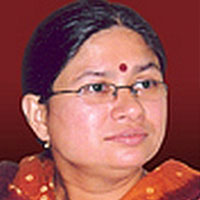








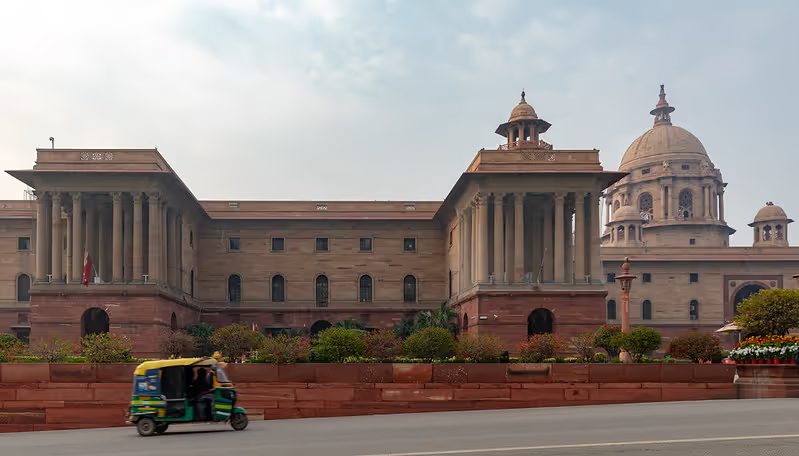
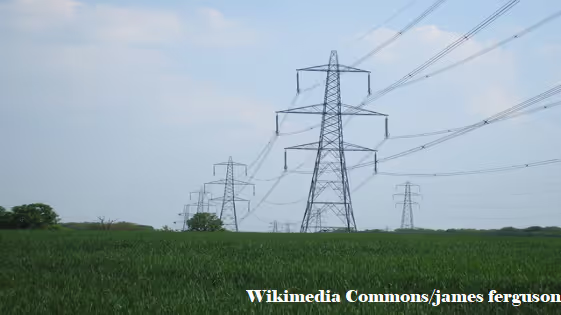






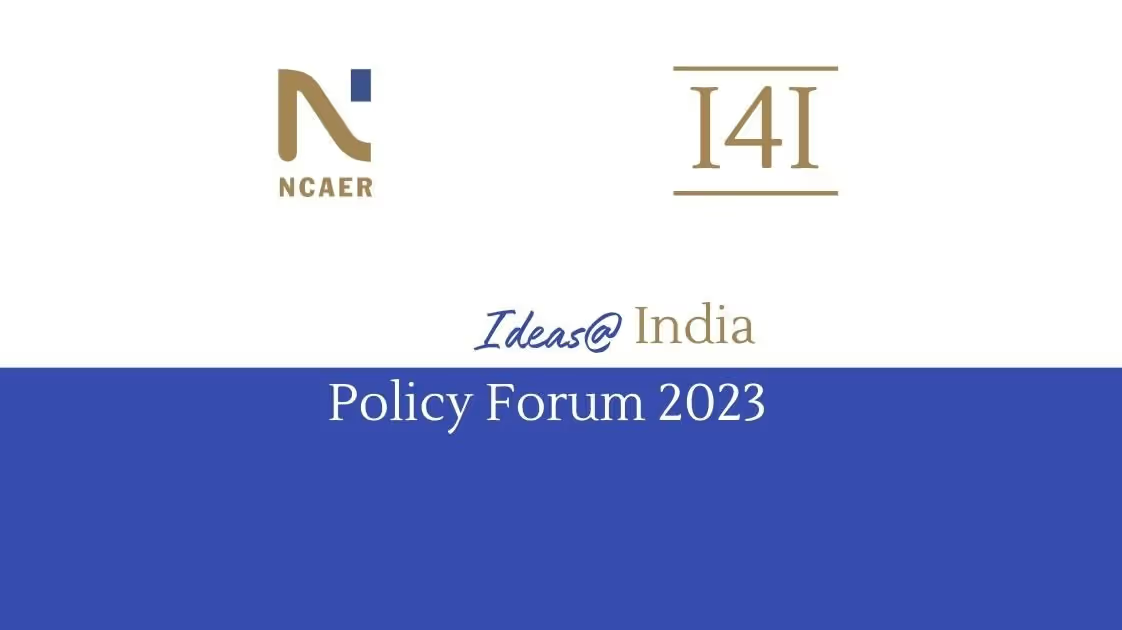



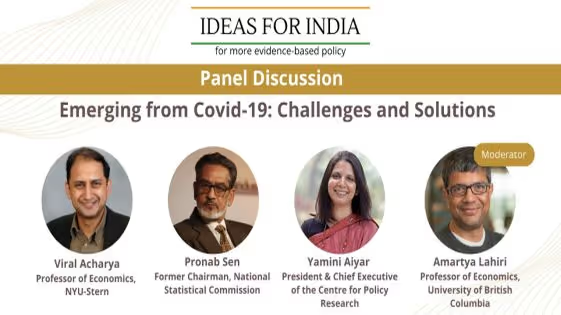




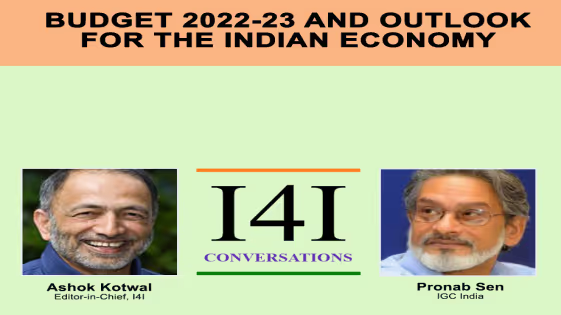
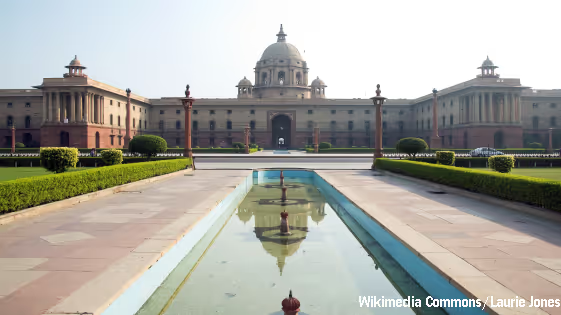

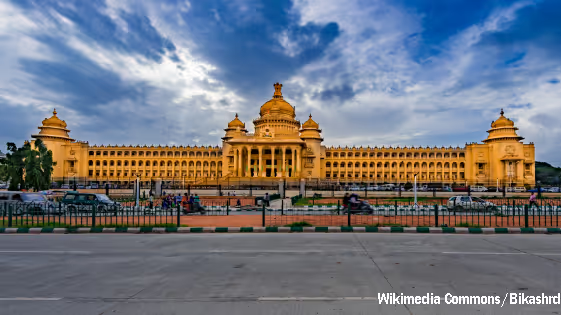
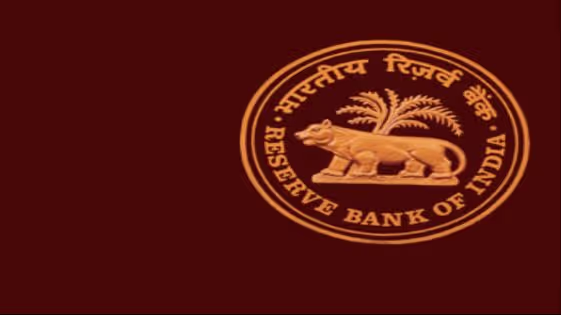


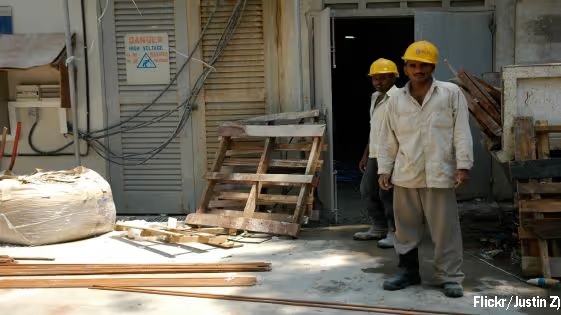
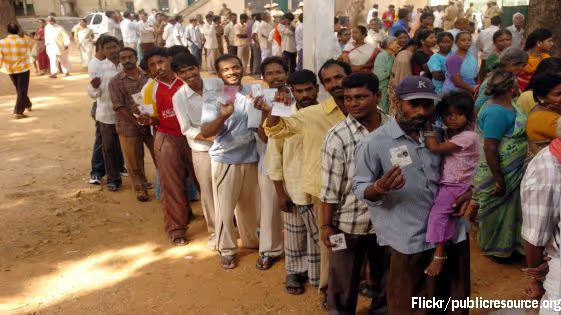

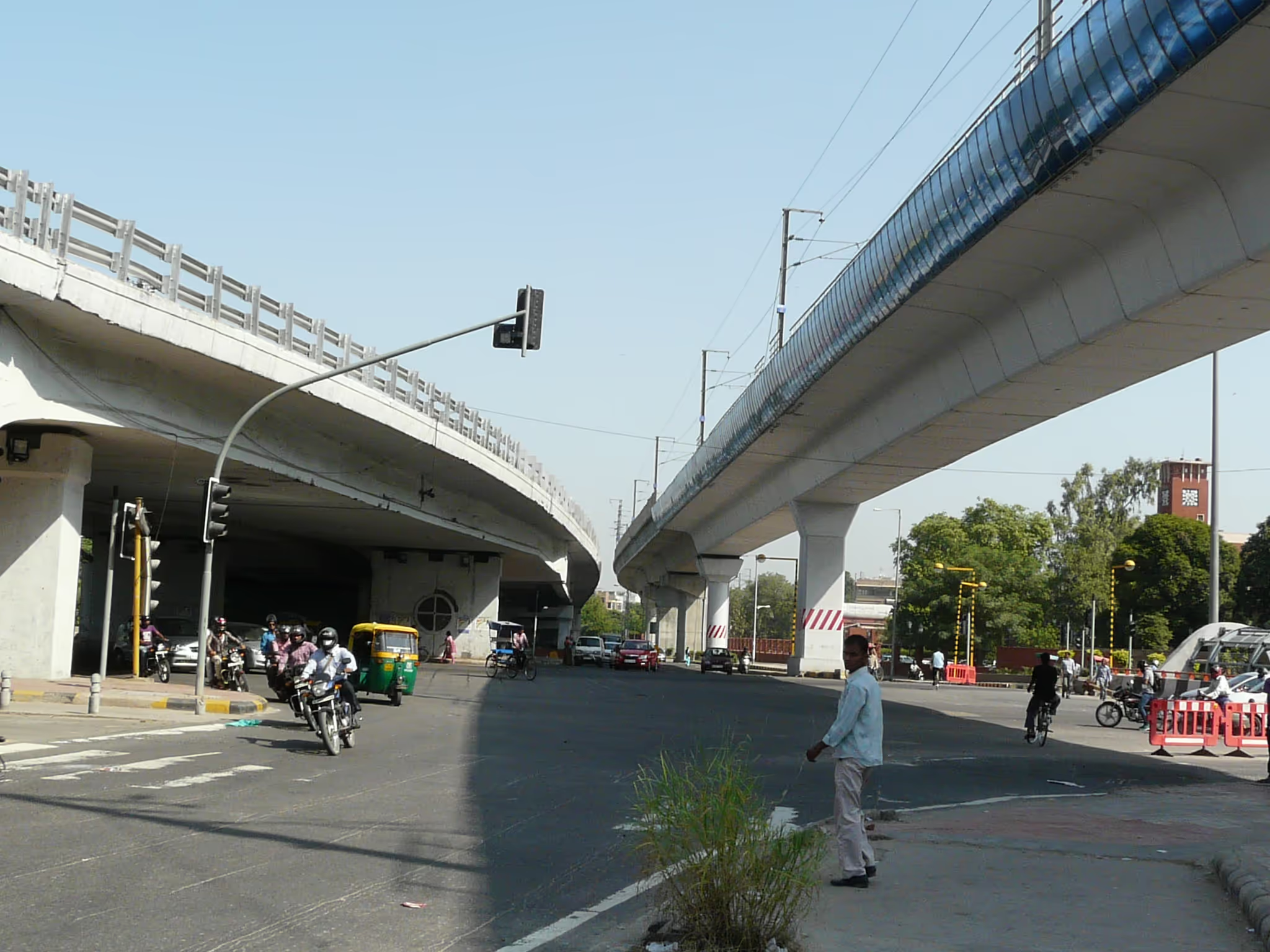



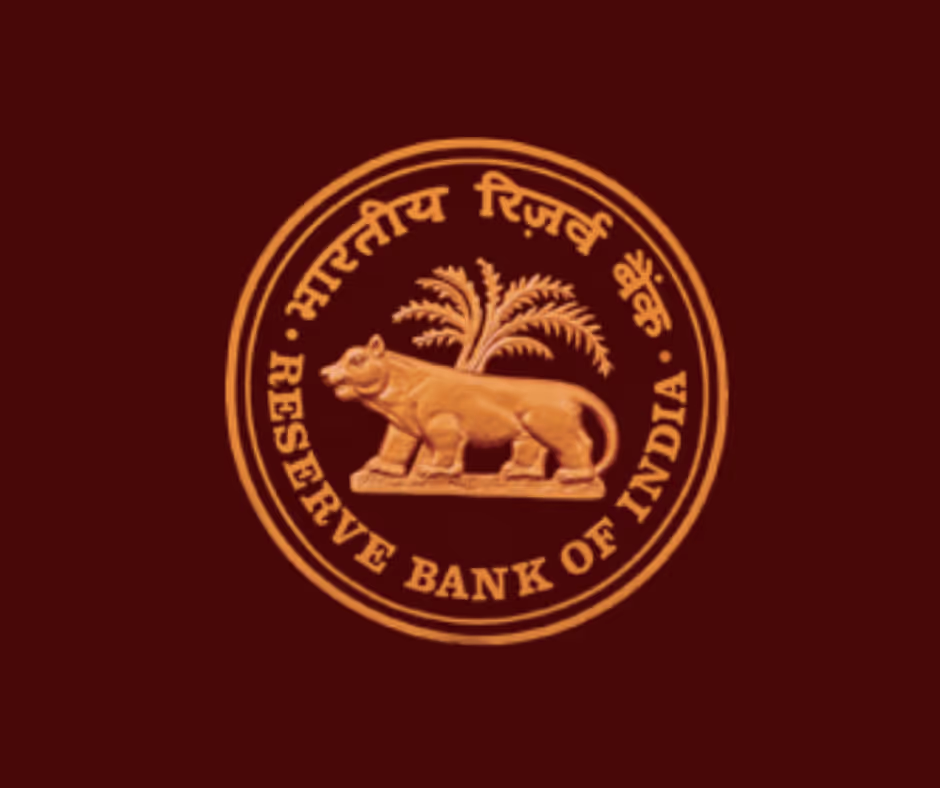

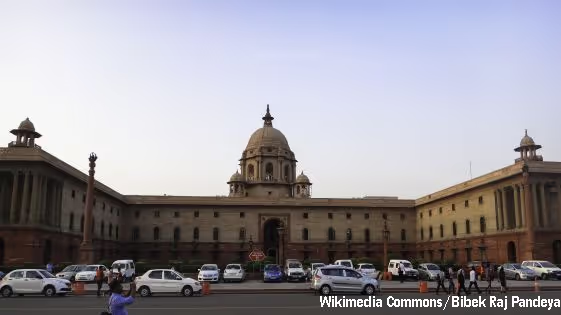



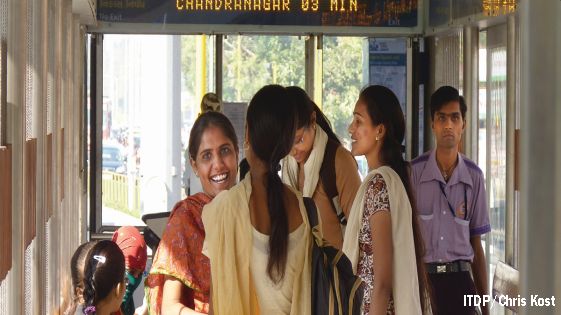

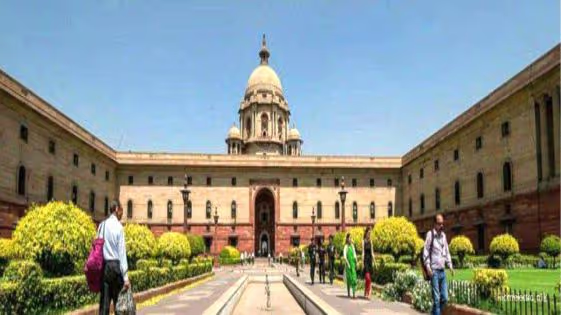
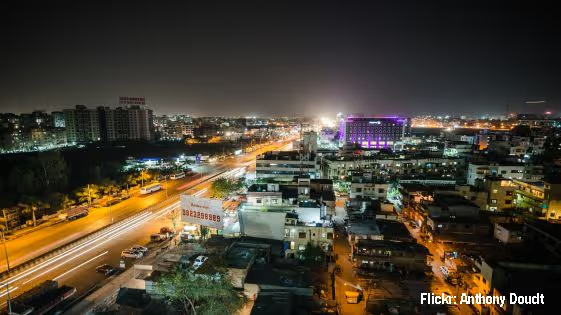
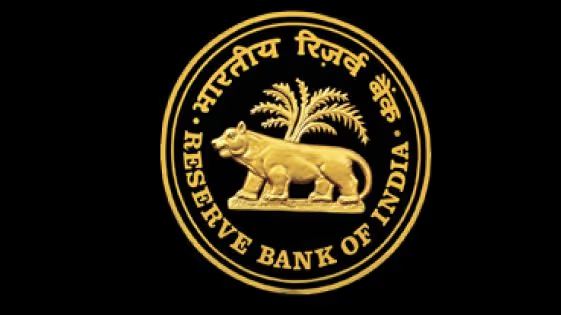
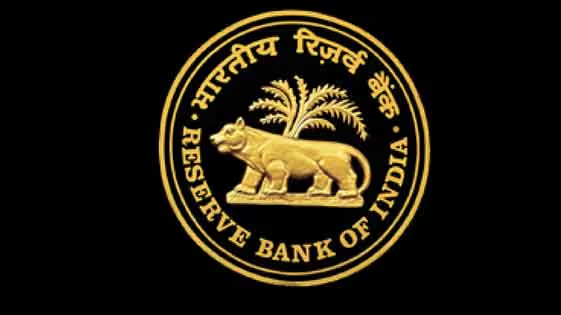

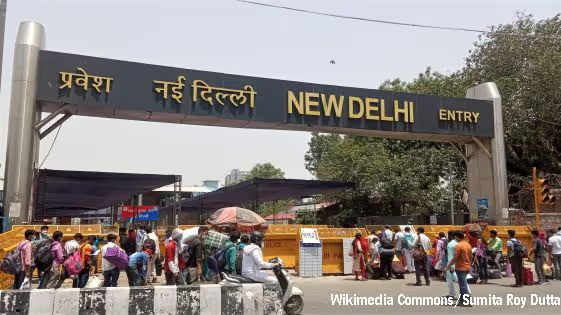



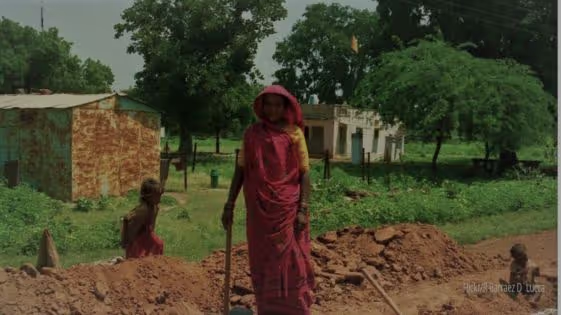




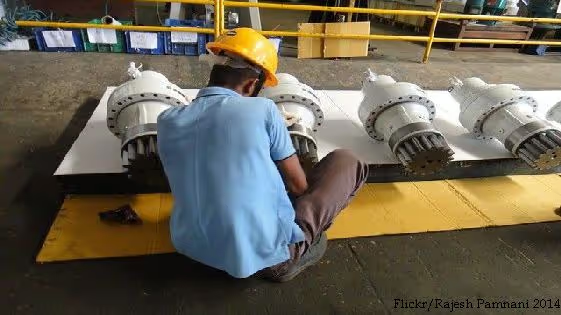
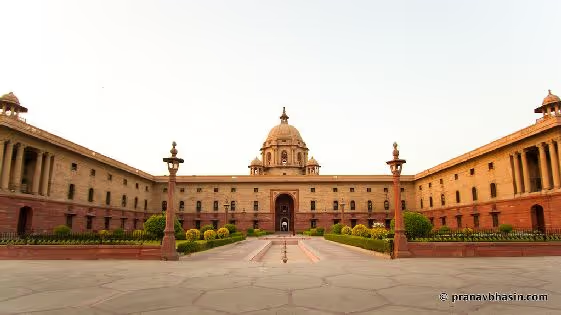
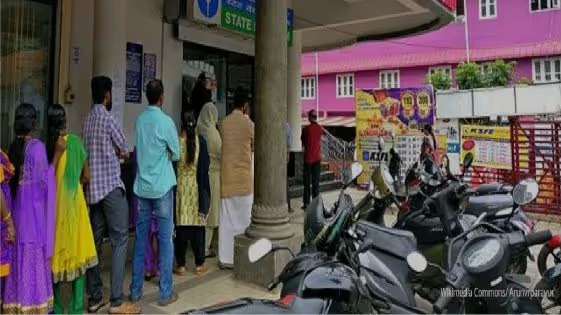


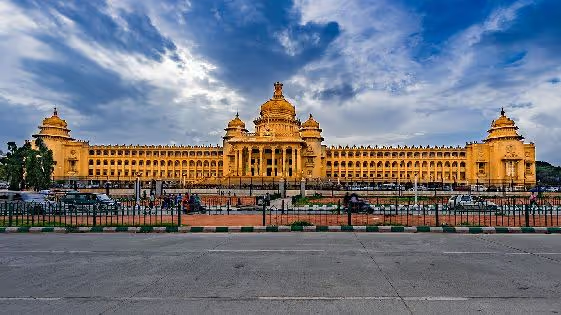

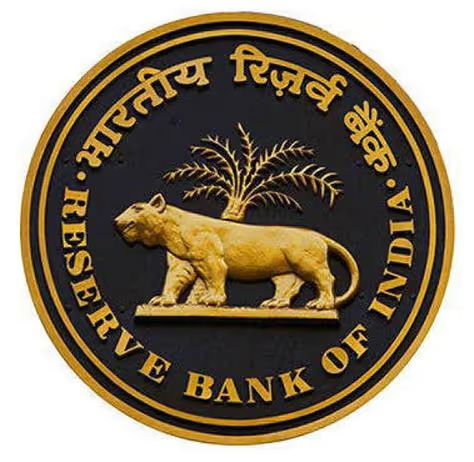








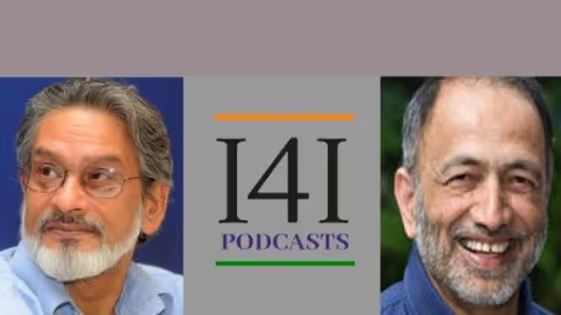
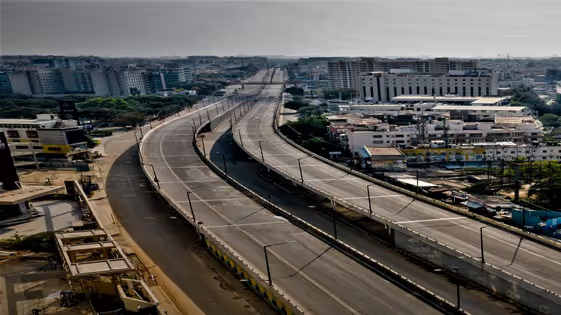



.svg)

.svg)
%201.svg)
.svg)
.svg)